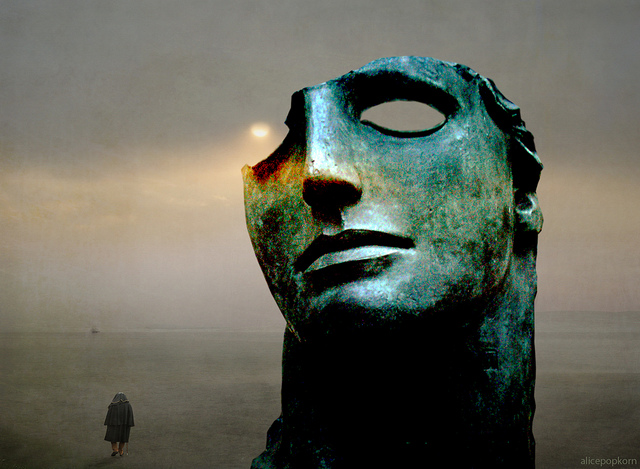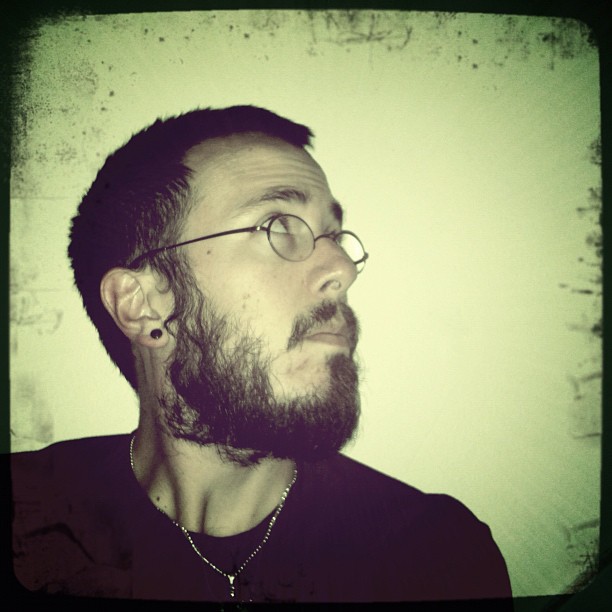Tag: Inquiry
-

He Says The Gods Are Not What Matters
The worship of the gods is not what matters, Brendan Myers says. People and relationships matter. Even as someone who helps to provide others with the tools to worship their gods, these liturgies of the Fellowship, I find myself reading his words and saying — Yes. This is correct. This is not the only correct […]
-

Are You There Gods? It’s Me, Teo.
Sometimes I think there’s a good reason for blind faith, religious ignorance, unwavering piety. Sometimes those seem like a much easier choices than being inquisitive, being contemplative, being patient with your own uncertainty. The dialogue around the last post extended deep into the theoretical as well as the practical, even spawning an interesting offshoot post […]
-

I Spotted Thor Down at the Quik Mart
In a recent discussion with a group of Pagans about the development of an American pantheon for use in ADF ritual, someone said this: “When we look at historical evidence to find the ancient deities, we look at what was left behind and what survived for long periods of time, such as the stories that […]
-

When Psychic Attack Hits Home
It was a normal morning at home. I was reading a book about Proto-Indo-Europeans while my dogs slept on the couch next to me, and my husband was off at our local metaphysical store, trading a psychic reading with an astrologer. Admittedly, our “normal” is not really prime-time normal. I looked up from what I […]



